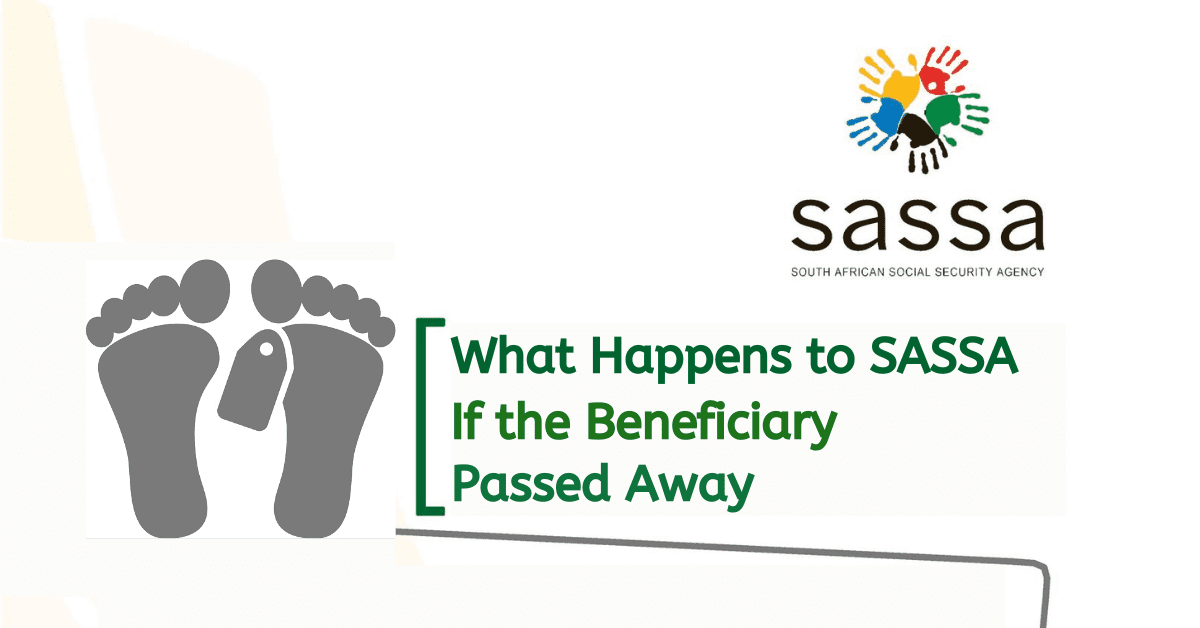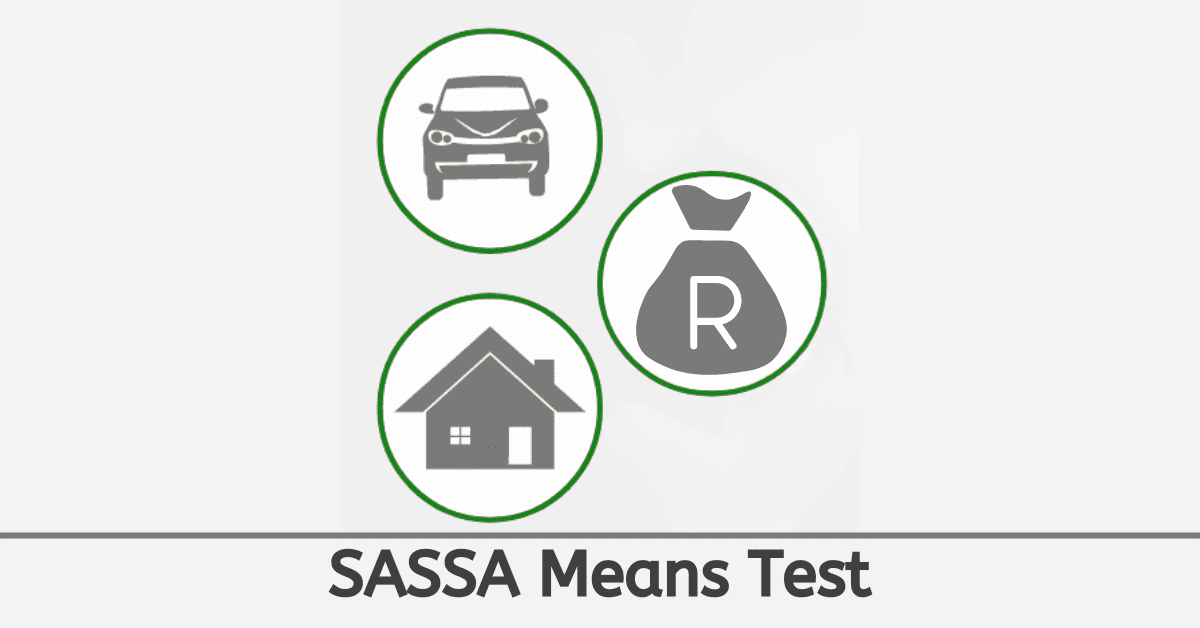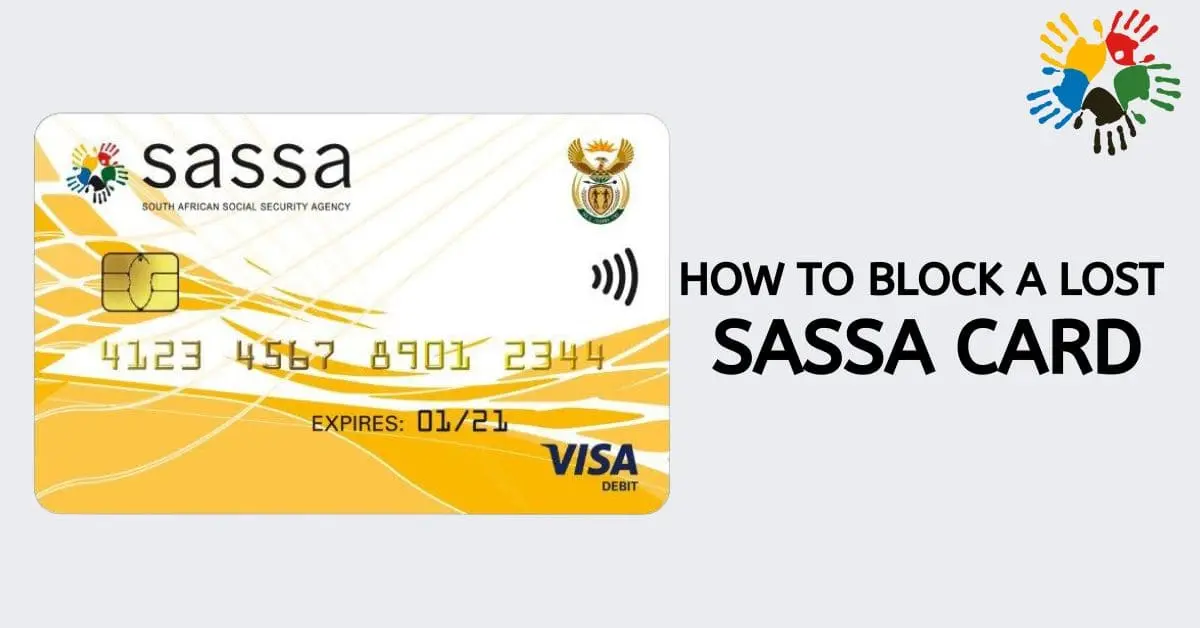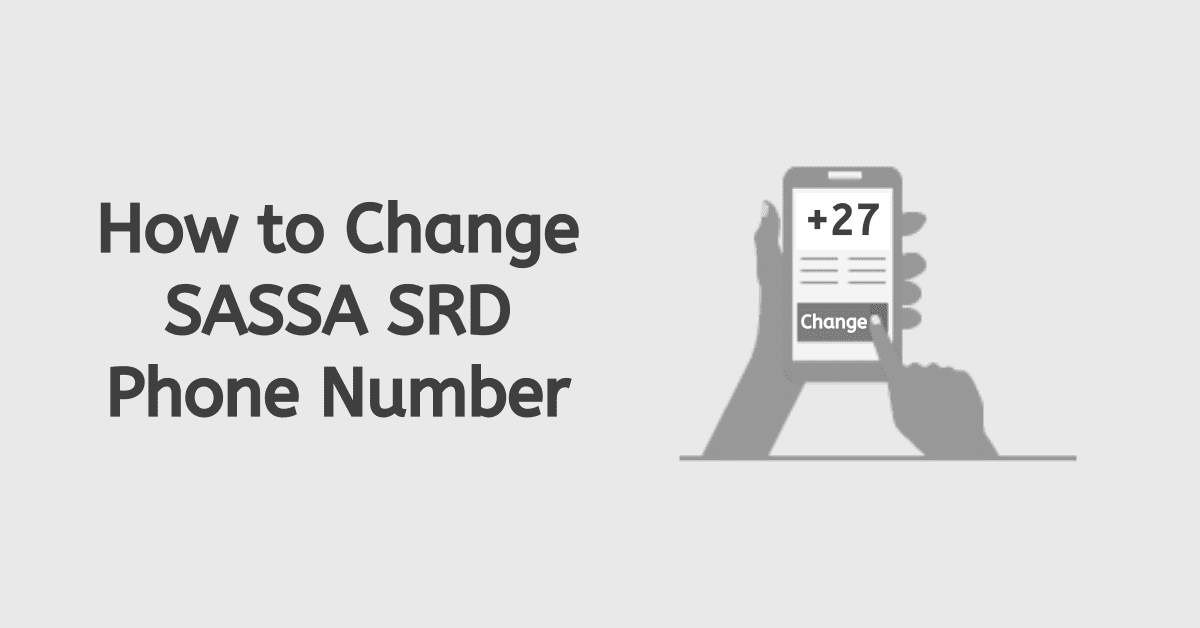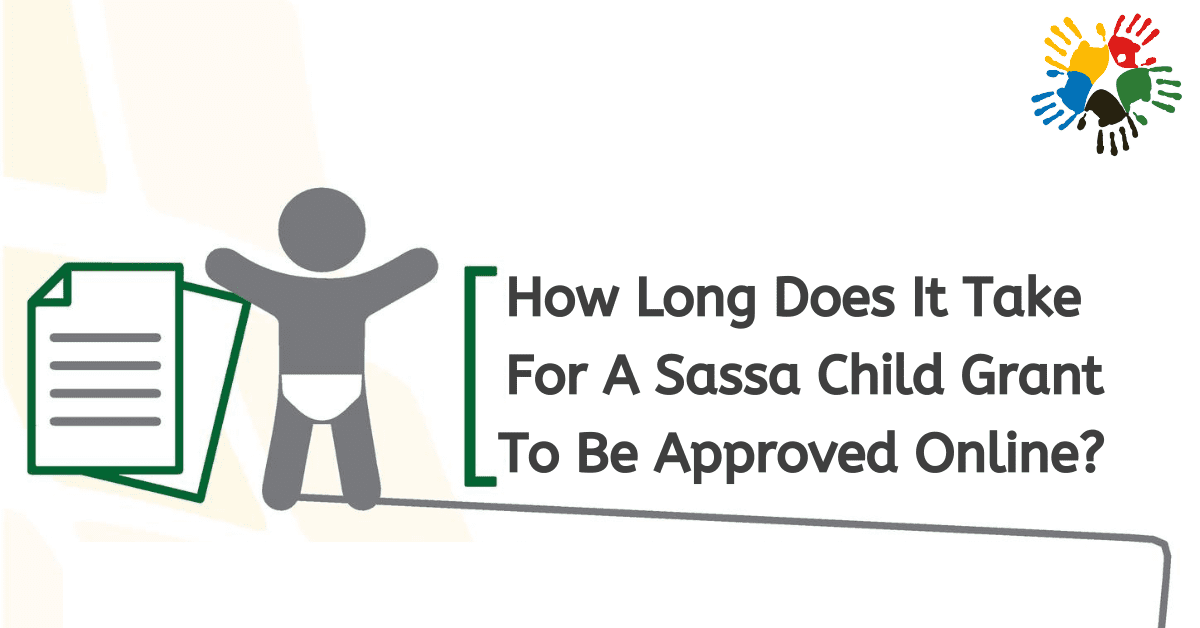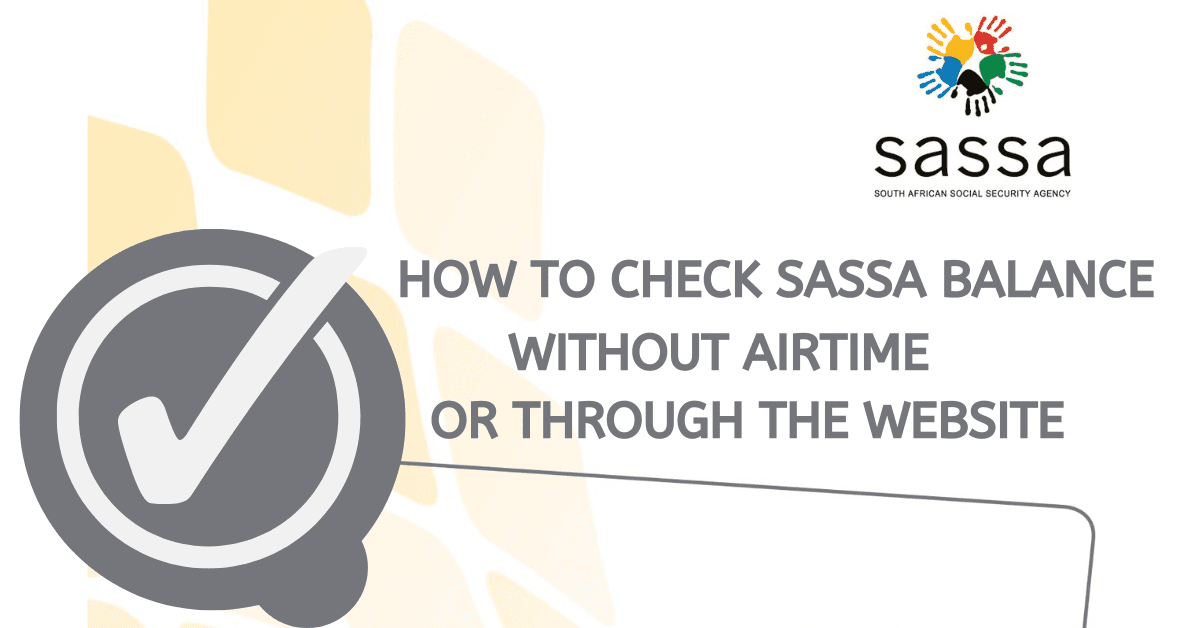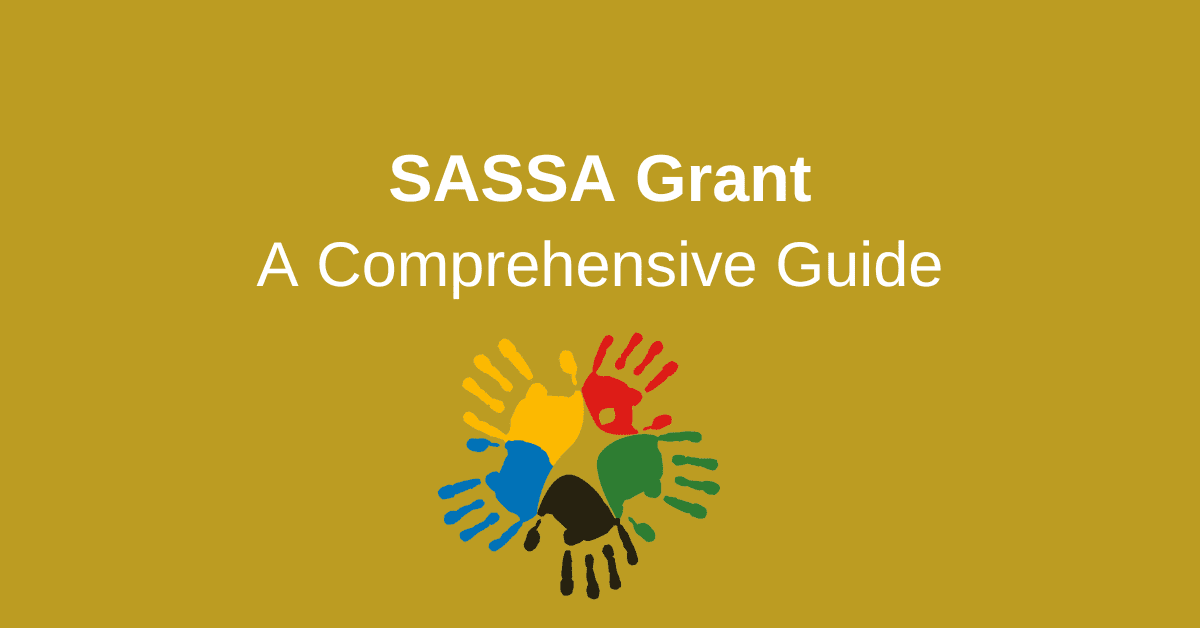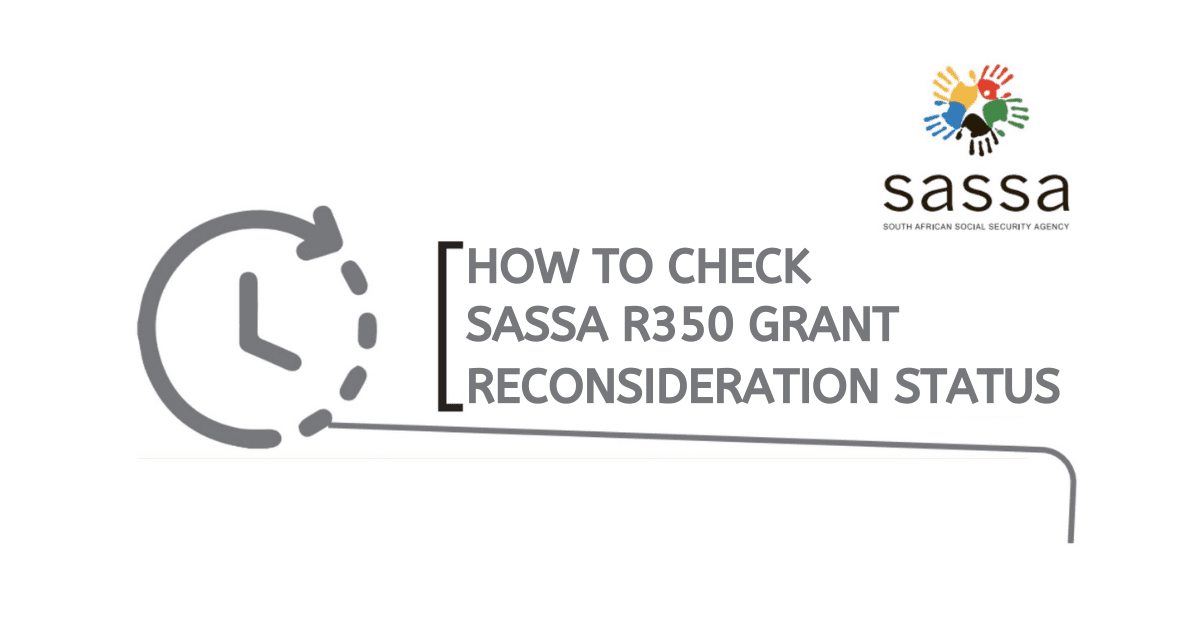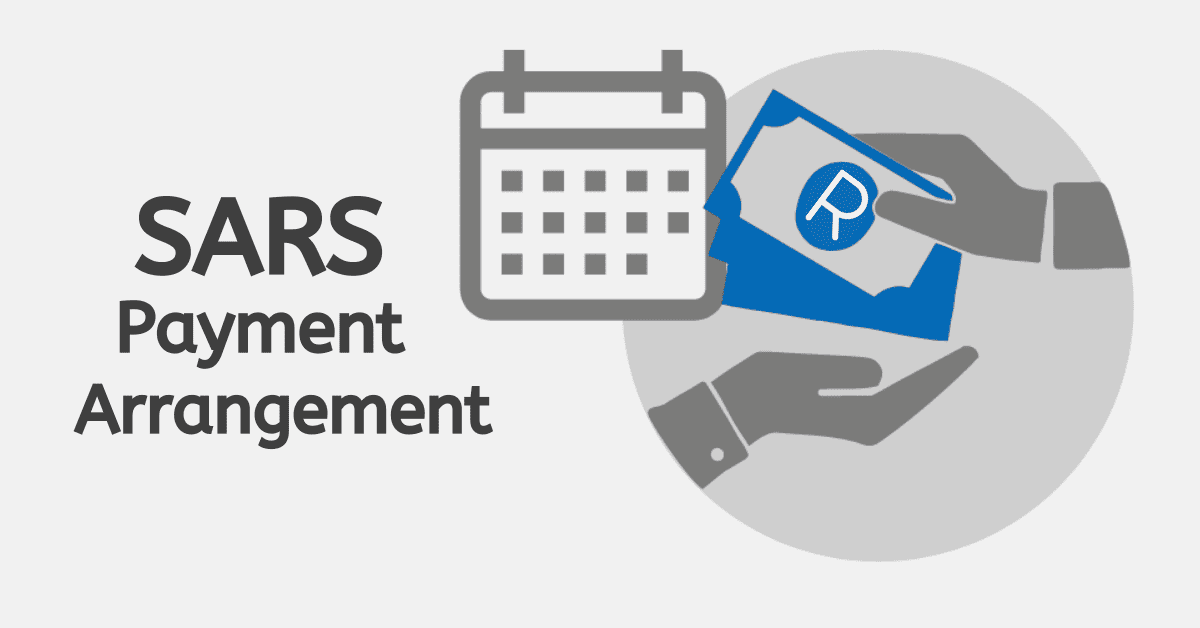As part of the wider SASSA grant system, SASSA provides some extra financial coverage for those with disabilities that prevent them from earning an income, as well as children with special needs. Of course, they will not just take your word for it that the disability is present! You will need to provide medical reports to prove the disability exists. In addition to this, not all medical issues count as a disability for SASSA purposes. Today we dive deeper into what disabilities are covered and are not covered by SASSA to help you with your application process.
What Disabilities Are Not Covered By SASSA?
Some of the disabilities not covered by SASSA include:
- A temporary or partial disability that does not prevent you from working
- Drug and alcohol addiction, alongside other ‘self-inflicted’ disabilities
- Mental illnesses that do not significantly impair the person’s ability to function in daily life
- Disabilities caused by intentional self-harm or criminal activity
- Disabilities caused by involvement in a war or other military action unless the person was a civilian at the time of the disability. War veterans have a different SASSA path to follow that will include assistance with their disabilities gained in service, but this is not covered by the standard SASSA disability grants.
The final decision on whether or not a person qualifies for a SASSA disability grant is based on a medical assessment conducted by a SASSA-approved medical practitioner, so it may be worth trying for SASSA coverage unless your issue is specifically covered here as an exclusion.
Should you be temporarily injured or disabled but expect to return to full health, there are other social services (such as UIF claims) that can help.
What Is Proof Of Disability For SASSA?
To qualify for a SASSA disability grant, the applicant must provide medical evidence that proves their disability or that of a child in their care. The evidence must come from a medical doctor, psychiatrist, or clinical psychologist who is registered with the Health Professions Council of South Africa. This medical evidence must provide a diagnosis of the disability, describe the extent of the disability, and explain how the disability affects the applicant’s ability to work and earn a living. SASSA will provide a template (accessible online or in-office) should you need it.
The following documents may also be used as proof of disability for SASSA:
- A medical report from a registered medical doctor, psychiatrist, or clinical psychologist
- Hospital discharge summary
- A letter from a hospital or clinic
- A letter from a registered nurse or occupational therapist
- A disability assessment report conducted by the Department of Health or a registered medical doctor, psychiatrist, or clinical psychologist
The medical evidence must be current (within the last three months as a rule of thumb) and relevant to the applicant’s current disability status.
Is Bipolar a Disability Qualified For SASSA Disability Grant?
Bipolar disorder can be considered a disability in South Africa under certain circumstances, and individuals with bipolar disorder may be eligible for the SASSA Disability Grant if they meet the eligibility criteria. However, eligibility is not based just on the diagnosis of any disease. Instead, the impact of the condition on the individual’s ability to function and earn a living is the key question. This is particularly important for mental health issues. While they are often debilitating and will need treatment and care, they do not always prevent you from making a living.
Remember, the grant is intended for individuals who are unable to work due to their disability and who do not have other means of support. If you have been diagnosed with bipolar disorder, we recommend you consult with a qualified medical practitioner and a SASSA office to determine your eligibility for the grant.
How Much Is SASSA Disability Grant In 2026?
The SASSA Disability Grant is currently set at R2 080. This will increase to R2 090 as of the 1st October, 2026. The amounts for the SASSA Disability Grant, along with other SASSA grants, are updated annually or biannually, so it is worth paying attention to what is published on their website if you are a grant recipient.
At What Point Does Depression Become A Disability?
As we mentioned above, with bipolar disorder, depression can be considered a disability if it significantly impacts a person’s ability to carry out daily activities and function in a work or social setting.
This means that the severity and duration of the depression, as well as the person’s response to treatment, are factors that will be taken into account in determining whether it meets the legal definition of a disability for a SASSA grant. Not everyone with depression will meet the criteria for the SASSA disability grant, and each case is evaluated on an individual basis. This happens with all mental disorders for SASSA purposes, as well as the evaluation of any physical disabilities you have.
What Are Examples Of Permanent Disabilities?
- In order to qualify for the SASSA Disability Grant, you need to have a permanent disability. There are other channels to get financial support for temporary disabilities. Here are examples of permanent disabilities:
Loss of limb or limbs - Loss of senses (blindness, deafness) or severe limitation to a sense
- Intellectual or cognitive disabilities that will not improve
- Cerebral palsy
- Multiple sclerosis
- Muscular dystrophy
- Spinal cord injuries and paralysis
- Severe burns
- Genetic disorders that will impact your ability to work and function
- Some mental health conditions, such as schizophrenia or severe bipolar disorder
The definition of a permanent disability for SASSA will vary depending on how the issue manifests and the degree to which it impacts your ability to work and care for yourself. Simply existing is not enough to qualify for the grant.
The definition of a disability for SASSA grant purposes may seem a little vague. However, if you can medically prove a mental or physical issue that will prevent you from working and financially supporting yourself, you may be eligible for the SASSA disability grant. Each case will be evaluated on a separate basis according to your diagnosis, prognosis, and abilities.



